About AMACOM
Who We Are
AMACOM is the book publishing division of the American Management Association. AMACOM's broad range of offerings spans not only the critical business topics and leadership challenges of today and tomorrow, but also the issues that affect our lives, our work, and our world.
What We Publish
AMACOM publishes non-fiction books on business, management, leadership, HR, training, communications, career growth, personal development, marketing, sales, customer service, project management and finance.
About Our Authors
AMACOM authors are experts in their fields, unrivaled in their knowledge, experience, and reputation. They are world-class educators, successful executives, business owners, trainers, consultants, and journalistsall eager to share their insights and techniques with a broad audience.
About the Author
TOM KENDRICK, PMP, is a program director for UC Berkeley Extension. His experience includes almost four decades of directing projects for Hewlett-Packard, General Electric, DuPont, and Visa, Inc., and as an independent consultant. A regular speaker at conferences, associations, and universities, he is the author of Results Without Authority and Identifying and Managing Project Risk. He lives in San Carlos, California.
Your Goal is Success. Ours is helping you get there.
American Management Association, a world leader in professional development, has helped millions of people learn new skills, improve performance and work through challenges. Our flexible training solutions fit every stage of your career and the demands of your schedule.
Need the skills to get ahead fast?
AMA offers 140+ seminars in more than 40 cities nationwide. Tackle challenges directly related to your job in these dynamic classroom courses led by our expert facultywith superior content, hands-on training and peer interaction.
Can't get away from work for training? Train right at your desktop.
AMA's Live Online Seminars offer instructor-led, interactive courses with the high-quality content and expert faculty you expect from AMA. No need for travel or time away from the office.
Tight schedule? Choose where and when you learn.
AMA OnDemandTM is online training powered by CrossKnowledge that gives you the freedom to build new skills 24/7 as well as feedback and support from a professional coach. You will be awarded an AMA Certificate upon completion.
Facing a tough business challenge?
AMA EnterpriseSM can help with both the diagnosis and solution. This specialized division works with corporations and government agencies to drive talent transformation and organizational excellence.
Increase your knowledge even more with AMA Webinars, AMACOM business books and an extensive range of FREE resources including webcasts, podcasts, eNewsletters, articles and White Papers.
Learn more at www.amanet.org/goal  |
 American Management American Management
Association | DEVELOPMENT SUPPORT SOLUTIONS | www.amanet.org |
| 1 |
 My Growth in My Growth in
Emotional
Intelligence
|

A Dangerous Situation
Do you have any idea how dangerous it is not to be in touch with your feelings? This question was posed to me in the summer of 2001 by Rich, a therapist who has since become my career coach and mentor. His words stopped me in my tracks. Dangerous? That was a curious word choice. What could be dangerous about not being in touch with my feelings? I was thirty-nine years old and had been a successful project manager (PM) for over seventeen years. I had a record of slow but steady career progression. I had been certified as a Project Management Professional (PMP) since 1995. I owned my own project management consulting business and lived, taught, and even breathed project management. No one had ever asked me about feelings before. No one had ever mentioned that there might be danger involved. What could be dangerous? What was so important about feelings?
Rich's question resonated with me, but I wasn't sure why. It didn't feel dangerous to be out of touch with my emotions. However, I had a nagging sense that he saw or knew things that I didn't. On some level I recognized that the way I approached work wasn't always effective. Hard work did not always make the difference in the outcomes of the projects I managed. I wondered how others seemed to succeed with less effort. I also felt insecure about the lack of personal and professional relationships I had built, and I suspected that it was hurting me. As much as I wanted to deny that my career and relationship challenges might be related to my emotions, I began to suspect that Rich might be right.
The truth was that I wasn't aware of my feelings or emotions. I was about as emotionally aware as a small green soap dish. If I could have taken an emotional intelligence test at that time, I would have been considered the village idiot.
With Rich's help, I began to see a connection between my lack of emotional awareness and my limited success in project management. Up to that point, my project management career had been a bumpy road. While not quite a dead end street, my career path hadn't exactly taken a superhighway either. Lately that road didn't seem to be taking me anywhere. I had recently been passed over for a key promotion at Unisys. My career ladder had literally run out of rungs. Perhaps I had been promoted to my level of incompetence and was therefore living proof of the Peter Principle.
Eventually I found I could no longer ignore Rich's question about the danger, and I decided to do something about it. I knew I needed to make some changes. I was ready to make more of an investment in my emotions and relationships. Initially, it wasn't for personal reasons. It was all about ROI, my return on investment for improving my emotional intelligence. I believed that my career would benefit from it. And after spending most of the last five years working on my emotional intelligence, I am happy to report that my career has benefited significantly.
As I grew, I learned how my work relationships reflected my world view. Until then, my relationships with my project teams and other stakeholders were weak or nonexistent. That was largely the result of my project management style as a taskmaster. I was all business. Unfortunately, I placed a higher value on tasks, productivity, and outcomes than on relationships. I lacked empathy. I had a way of driving the people on my project teams that was hostile and irresponsible. My coworkers may have called me driven, but they would never have characterized me as a warm and fuzzy relationship person. At best people warmed up to me over time.
My big shift came when I began to recognize the value of emotions and relationships in the workplace. I became aware of feelings and learned to trust them as a source of information. I learned to recognize and acknowledge when I felt angry, scared, or happy. I also began to pay attention to what those around me were feeling and to consider that information when making decisions. By doing this, I was able to better manage my projects and to be a better leader of people.

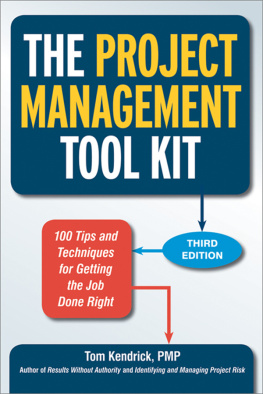

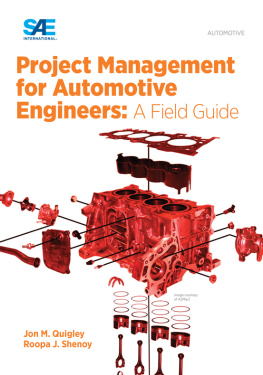
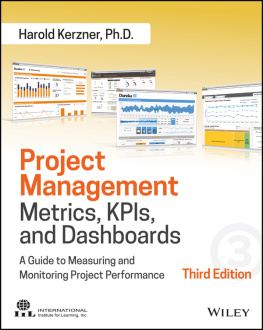
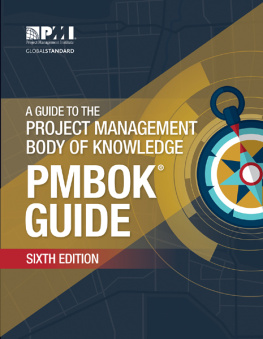
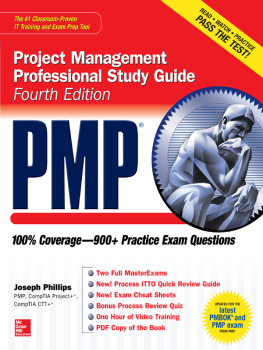
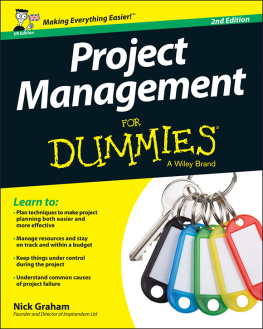
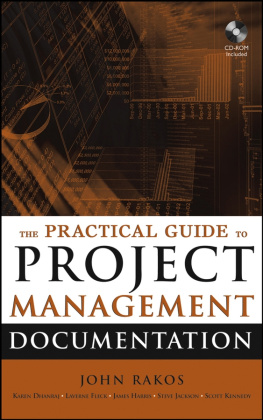

 American Management
American Management My Growth in
My Growth in A Dangerous Situation
A Dangerous Situation